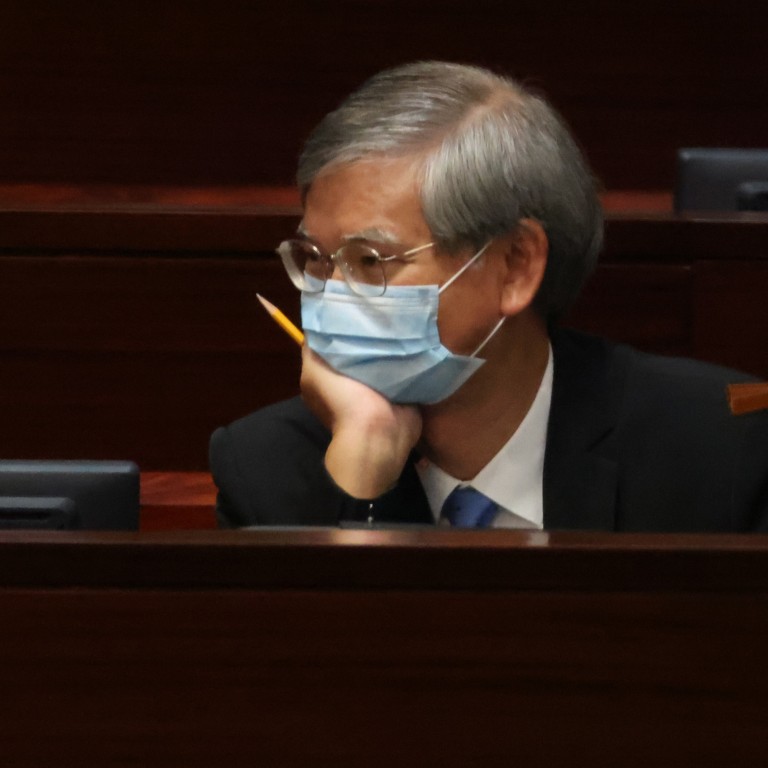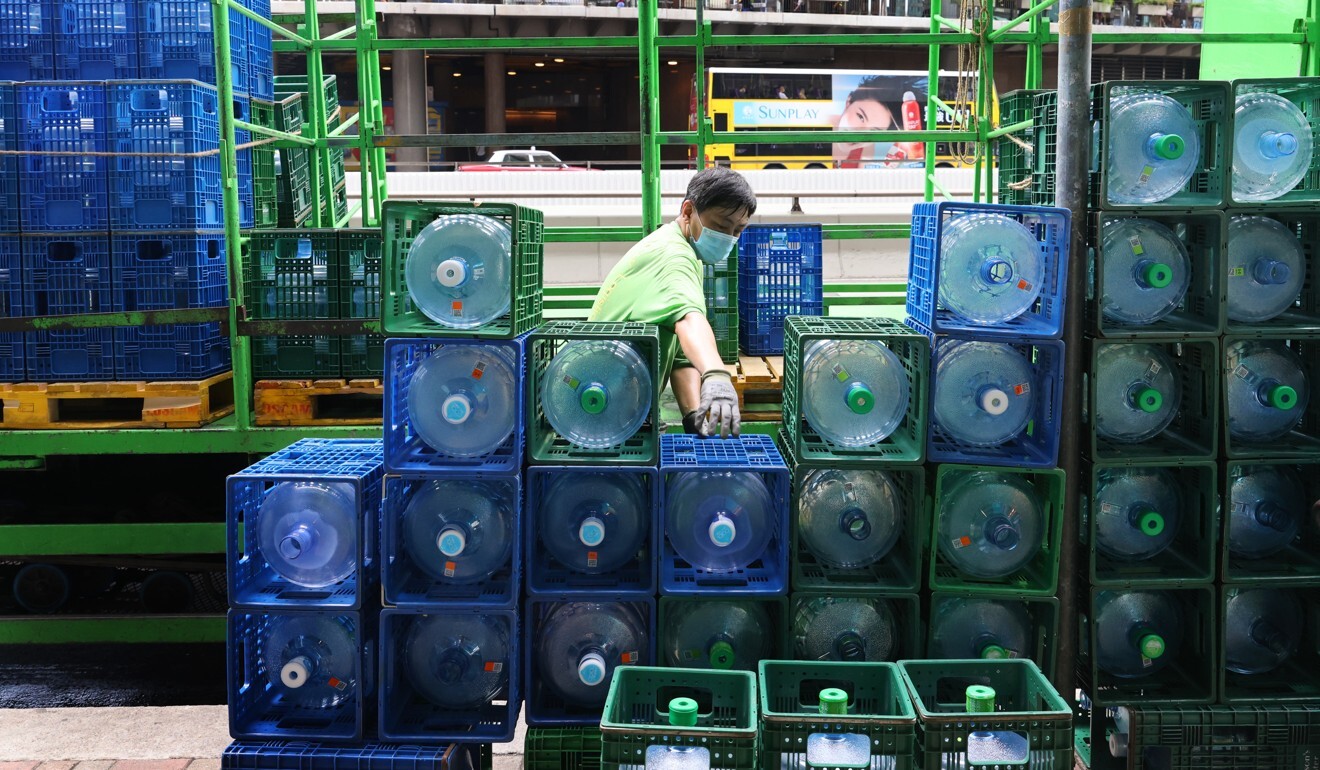
Hong Kong lawmakers approve plan to add 5 new statutory holidays by 2030, with Buddha’s Birthday first in line
- In passing measure unamended, Legislative Council overrules wishes of labour, business sectors, which sought to adjust time frame
- After Buddha’s Birthday, next holidays to be added will be Boxing Day, three days around Easter
Hong Kong lawmakers on Wednesday approved a government proposal to increase the number of statutory holidays from 12 to 17 by 2030, overruling unionists and pro-business legislators who had sought to change the time frame for the plan’s implementation.
Secretary for Labour and Welfare Law Chi-kwong told lawmakers the administration had considered the interests of both the labour and business sectors, as well as Hong Kong’s overall economic situation, in formulating the proposal.
“This is the most reasonable, appropriate and necessary way forward,” he said. “It is also a key breakthrough for Hong Kong’s labour rights, as we resolve, once and for all, the unfairness created by the difference between the number of statutory and public holidays.”
Explainer | Rent control: the protections and pitfalls of Hong Kong’s new property law
The city has 17 public holidays, but only 12 are statutory, meaning employers can choose whether to give their staff leave on the other five. Under the existing arrangement, white-collar workers have tended to disproportionately benefit from the extra days off.
Under the 10-year plan laid out in the Employment (Amendment) Bill 2021, the first addition to the statutory holiday schedule will be Buddha’s Birthday in 2022. A new holiday will then be added every two years, with Boxing Day and the three days around Easter next in line.

“As the government has admitted that such unfairness and discrimination has to be eliminated, why not do it as soon as possible?” Wong said. “Some academics estimate that for the business sector, the increase in staffing costs will be negligible.”
Hong Kong leader pledges new laws to shore up national security
“This change could be bearable to us, but the timing is not right. The pandemic has raged on for 1½ years, and we have no idea when it will end,” he said.
“This increase in statutory holidays is a big deal to us, because the government has already increased paternity leave from three to five days, and maternity leave from 10 to 14 weeks. All these [changes] pile pressure on local businesses.”
Law, however, warned that he would request the final vote on the bill be postponed if any of the three lawmakers’ amendments were passed.
“We have formulated this legislative proposal cautiously, after fully considering labour welfare and its acceptability to businesses. Whether it is sped up or slowed down, the proposal would lose its balance, and become unacceptable,” he said.
Hong Kong anti-doxxing law fears will be proven false, Lam assures tech giants
The bill was then approved after the amendments were shot down.
Last October, however, authorities revealed the plan would be drawn out over 10 years, with business leaders saying the government had conceded a lengthier process was necessary after the economy was hammered by the Covid-19 pandemic.

